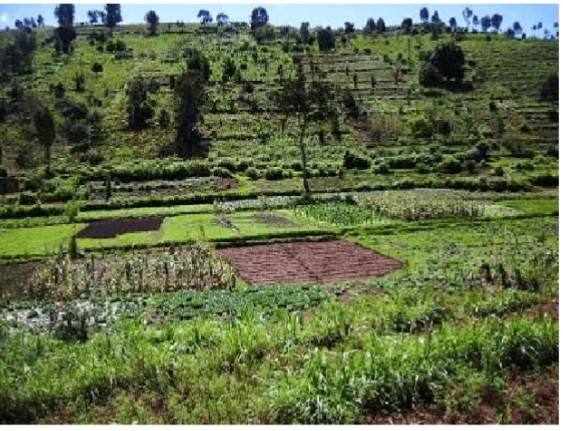|
Getting your Trinity Audio player ready...
|
Staff Reporter
The City of Harare has noted with great concern that a number of people are cultivating maize on wetlands in different parts of the city.
Against this background, the Harare City Council has warned that among other punitive measures, Harare-based residents who temper with wetlands are required to pay a fine of 25 000 RTGS effective from the 10th of January 2022.
In a statement, the Acting Town Clerk, Engineer Phakamile Moyo said according to section 20:27 of the Environmental Management Act, the public is hereby reminded that it is illegal to cultivate crops on wetlands.
“Further, Section 73 of the Constitution states that everyone has environmental rights and that we have the right to protection of the environment for the benefit of future generations. Section 73(b) specifically highlights that we must all work to prevent ecological degradation and promote conservation.
“It is our mandate to protect our wetlands. Therefore, the Mayor has directed the city council police department to dispatch teams starting on the 10th of January. The public is to be warned that all those caught cultivating on wetlands will pay a spot fine of ZWD 25 000 RTGS,” the statement reads.
It has been highlighted that the assigned teams will slash all the crops cultivated on all wetlands in all parts of the city, arrest and detain all those caught cultivating on wetlands.
The Town Clerk emphasised that wetlands are a source of fresh water and encouraged actions to restore them and stop their loss through illegal activities which as a result cause a plethora of problems to the environment and the people around it.
“We are facing a serious and growing freshwater crisis that threatens people and our city. Cultivation of crops in the prohibited areas is tantamount to destroying the ecosystem that we depend on.”
Wetlands, he said, are also vital as they are natural carbon sinks and help with controlling the overall carbon footprint.
“They also help to recharge our water table and so are a good source of water. In addition to all this, one wetland can be a habitat for hundreds of species at a time, some of which can even have medicinal value,” he added.
According to the Ramsar Convention, it is important to halt the worldwide loss of wetlands and to conserve, through wise use and management, those that remain and this requires international cooperation, policymaking, capacity building, and technology transfer.
The Convention on Wetlands of International Importance holds the unique distinction of being the first modern treaty between nations aimed at conserving natural resources.






